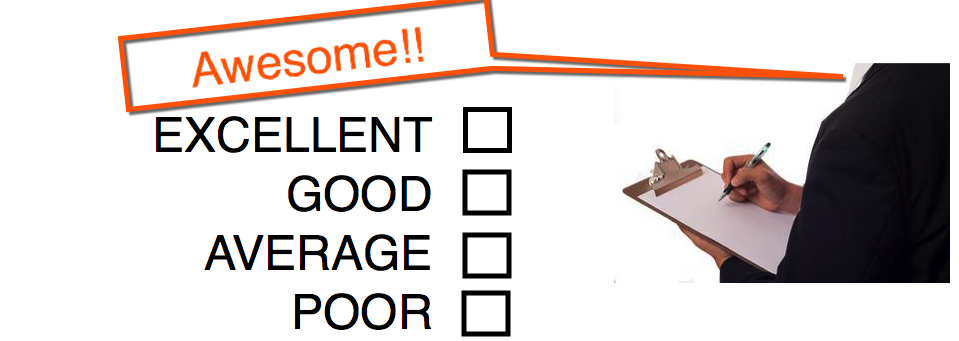The purpose of a Routine Inspection is to assess the property for maintenance, damage, future improvement and risk. The frequency of Routine Inspections allows the Property Manager to track changes and maintenance issues at the property without encroaching on the Tenant’s right to peaceful enjoyment of the premises. It is important to note the purpose of an inspection. It is to inspect the property – not the tenant.
An inspection is not about tidiness or even cleanliness (unless it is likely to cause damage). An inspection is the property manager’s opportunity to check for current or potential maintenance issues, report on any damage and organise repair, provide feedback regarding future improvements to the property (replace curtains, freshen up the paint, install a garage) and assess potential risk (stairs, balcony railings, soft floorboards).
It is not necessary for the tenant to be home when you carry out an inspection, however, it is a great opportunity to meet your tenants and build on your relationship with them if they can be.
PLAY THE VIDEO BELOW
When conducting a routine inspection this is the time to consider these three areas of focus;
Maintenance (Topics A, B & C), Risk Management & Tenant Care
Let’s break this down into a little more detail:
Maintenance
In order for a rental property to sustain long term tenant retention and acceptable return on investment it needs to be maintained properly. This involves:
A. Preventive and ongoing maintenance;
B. Repairs to correct problems or malfunctions; and
C. Renovations
A. Preventive and ongoing maintenance to rental properties requires a thorough knowledge of the property and its needs for upkeep. As the property manager you must balance the costs of routine and preventive maintenance with the benefits and desired results. Items on a property manager’s routine maintenance list might include:
(Block out my face with slides) Needs editing!
• cleaning of common areas;
• landscape maintenance;
• regular service to heating and air conditioning systems;
• periodic inspection of plumbing and electrical items;
• or proper upkeep of wood, roofing & other building components
B. Repairs and corrective actions are required
When things break or cease to function as intended. Sometimes the repair is of an emergency nature, such as a blocked drain or no hot water, while at other times these repairs can be scheduled and done efficiently in groups. It is the responsibility of the property manager to know the difference and to serve the needs of the tenants while balancing costs. It’s also important to take care of small problems before they become large ones.
C. Renovations are a part of the building maintenance. Renovations of the property might be required:
to correct structural components;
to provide a facelift on the aesthetics of the property, such as paint, carpets, bathrooms or kitchens; or to accommodate special physical needs of a tenant;
A property manager can be very skilled at all the other functions of management, but if you drop the ball when it comes to these types of maintenance, the property will experience a degradation of condition, loss of tenants, and declining rents.
Risk Management
Of course it’s understood that as a Property Manager you are not a qualified builder or structural engineer, however if you are attending a property to inspect its condition it is your responsibility to ensure that the premises is safe and secure based on your visible inspection.
Take care to check items that may potentially cause harm to a tenant or a tenants guest. Items may include, loose handrails, exposed wires or loose light fittings or power points, leaking roofs or basements, cracked tiles where someone could cut themselves, broken or cracked windows can be dangerous, timber deckings with wood rot, unstable balconies and report any other items that stand out as potential risks or danger during your inspection.
Tenant Care
The final aspect to consider during your inspection is how the tenant is taking care of the premises. Whilst not all tenants may measure up to your level of quality when it comes to general housekeeping bear in mind that you may need to address cleanliness issues that are obvious such as;
Unmowed lawns and long grass
Rubbish being left in the back yard
Dirty ovens that look like they have not been cleaned within the past three months Dirty door tracks, blinds and windows again using the three month rule. If the tenant hasn’t cleaned it in three months they are not likely to in six when its time to vacate and then you left with the bond which has to go towards a major clean.
Of course some people are untidy which is ok but just point things out if they seem a little too messy or begin obstructing doorways etc.
Please email us if you’d like to know more about our Property Management Courses or need any further assistance.

